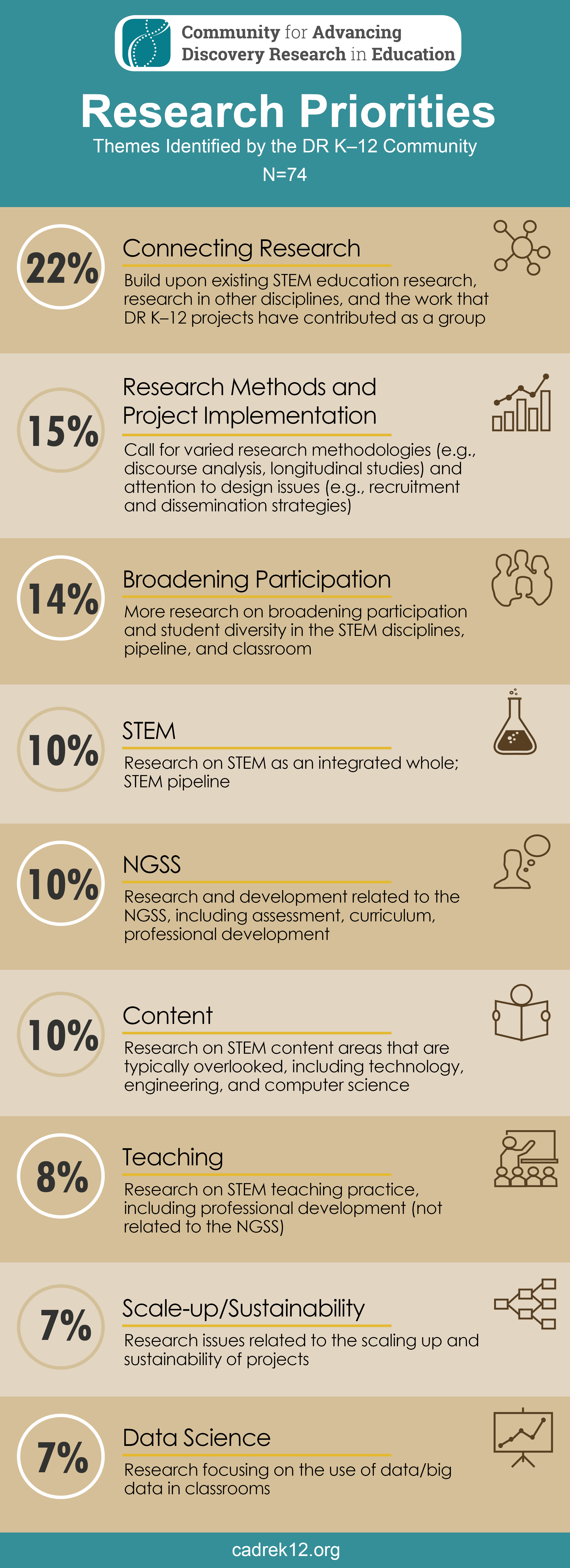Gathering Response Process Data for a Problem-Solving Measure through Whole-Class Think Alouds
Response process validity evidence provides a window into a respondent’s cognitive processing. The purpose of this study is to describe a new data collection tool called a whole-class think aloud (WCTA). This work is performed as part of test development for a series of problem-solving measures to be used in elementary and middle grades. Data from third-grade students were collected in a 1–1 think-aloud setting and compared to data from similar students as part of WCTAs. Findings indicated that students performed similarly on the items when the two think-aloud settings were compared.
This is a description of a new methodological tool to gather response process validity evidence. The context is scholarship within mathematics education contexts.
